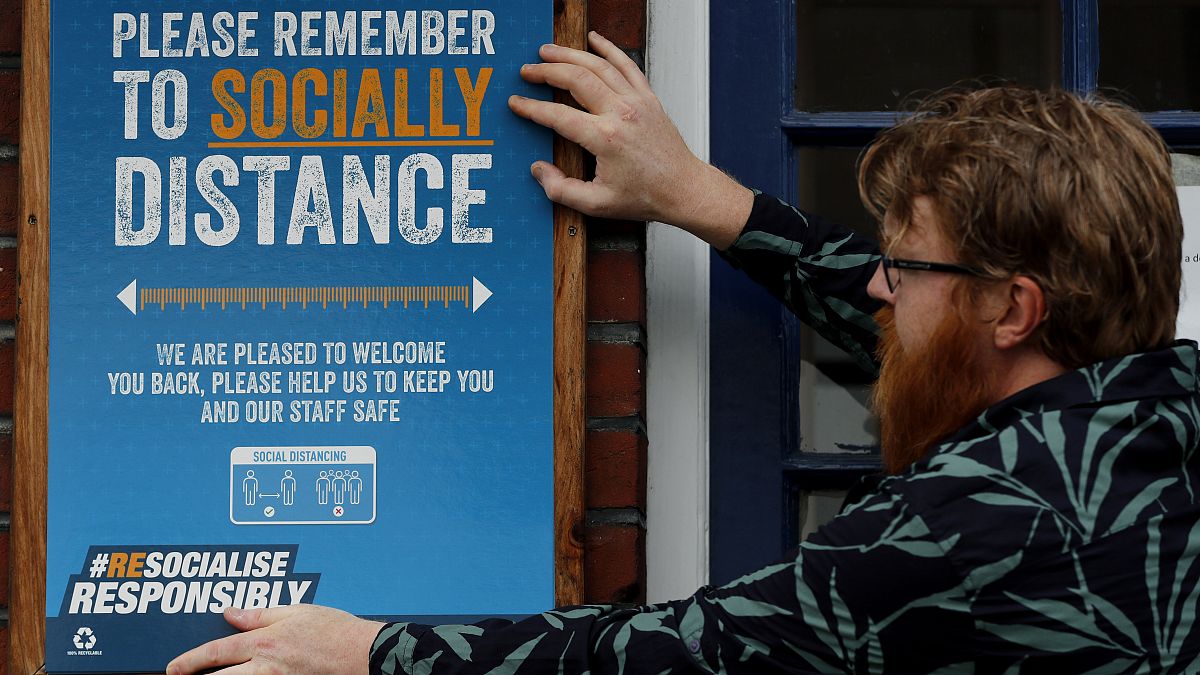"The coronavirus crisis has made a difficult task much harder," the report from the Institute for Government states.
The COVID-19 pandemic has left many British companies more badly prepared to handle a no-deal Brexit than they were before the health crisis, a new report has found.
The UK officially exited the European Union on January 31 and entered into a transition period designed to give negotiators more time to strike a deal. This extra time will come to an end on December 31, 2020.
Many businesses have struggled to prepare for Brexit because of continued uncertainty over what the future relationship between London and the continent will look like, a report from the London-based Institute for Government think tank warned this week.
And the pandemic has only compounded the issue.
"The coronavirus crisis has made a difficult task much harder," the report states.
"Firms reeling from the economic consequences of coronavirus are poorly placed to prepare Brexit: in many cases, in a worse position than in the months leading up to the potential no deal in October 2019," it adds.
The UK is Europe's most severely-impacted country by the pandemic with more than 45,300 fatalities and 295,000 infections reported since the beginning of the outbreak.
To stem the spread of the disease, the government, like other countries across Europe and the world, imposed lockdown measures in March. As a result, most non-essential businesses were shut for two months.
According to government data, 61 per cent of British businesses had made no preparations at all for leaving the EU as of June 2020.
Many of those which had prepared chose to run down the stockpiles they had built ahead of a potential hard Brexit to weather the health crisis, the Institute for Government has found, "either because it was no economically viable to maintain excess supplies or to mitigate the disruption caused by gaps in delays in supply chains".
The think tank flagged that rebuilding these stockpiles in the less than six months left before the transition period comes to an end will be hard as international supply chains are expected to remain disrupted for some time.
Some sectors are particularly vulnerable, such as health and social care, and manufacturing.
The report calls on the government to provide certainty to business and by working "with business to establish what support will be needed to adjust to the changes at the end of the year."
"Crucially, this should be factored into any economic response to the coronavirus crisis," it adds.
Brussels chief Brexit negotiator Michel Barnier warned earlier this month that "significant divergences" remain the two sides.
The Commission also stressed that whatever the outcome of negotiations on future relations, some barriers will go up between the EU and the UK which will impact trade, movement across borders and exchanges.
